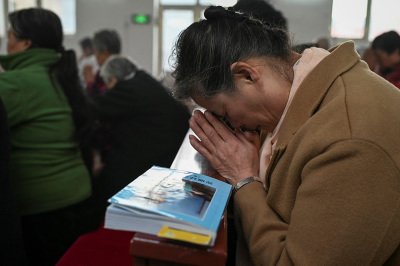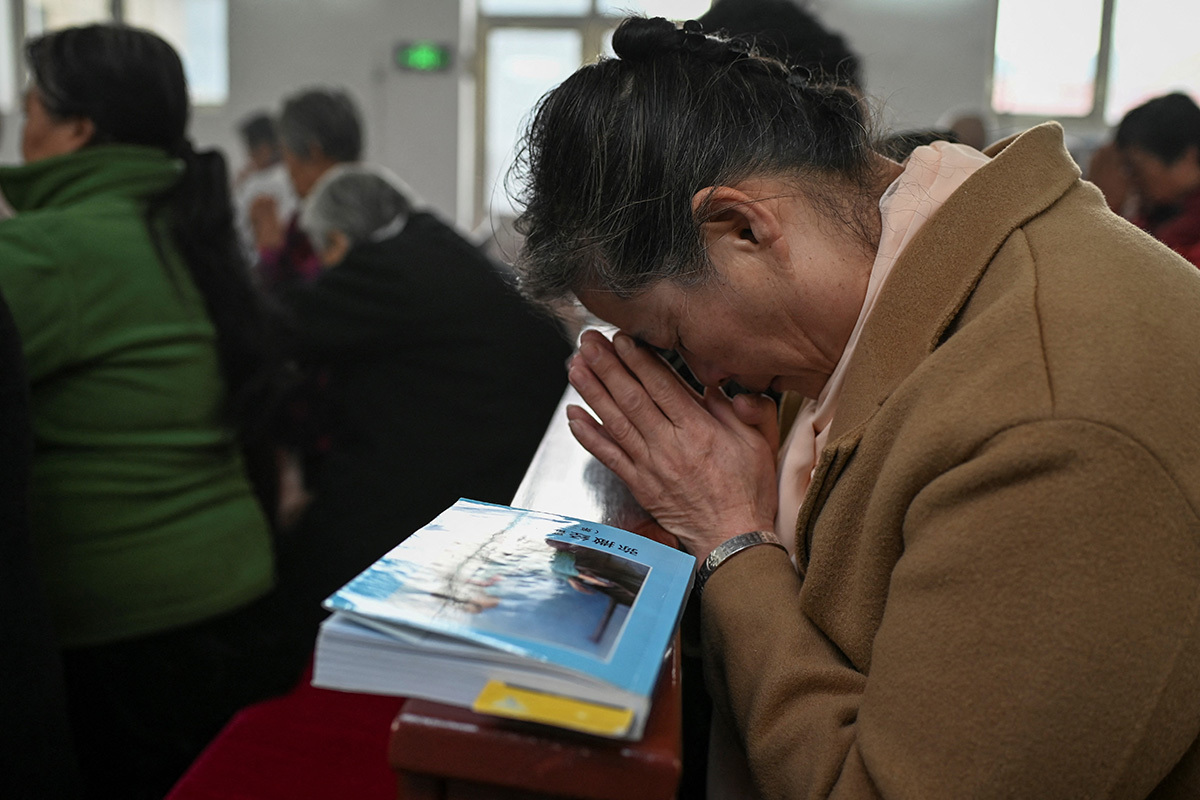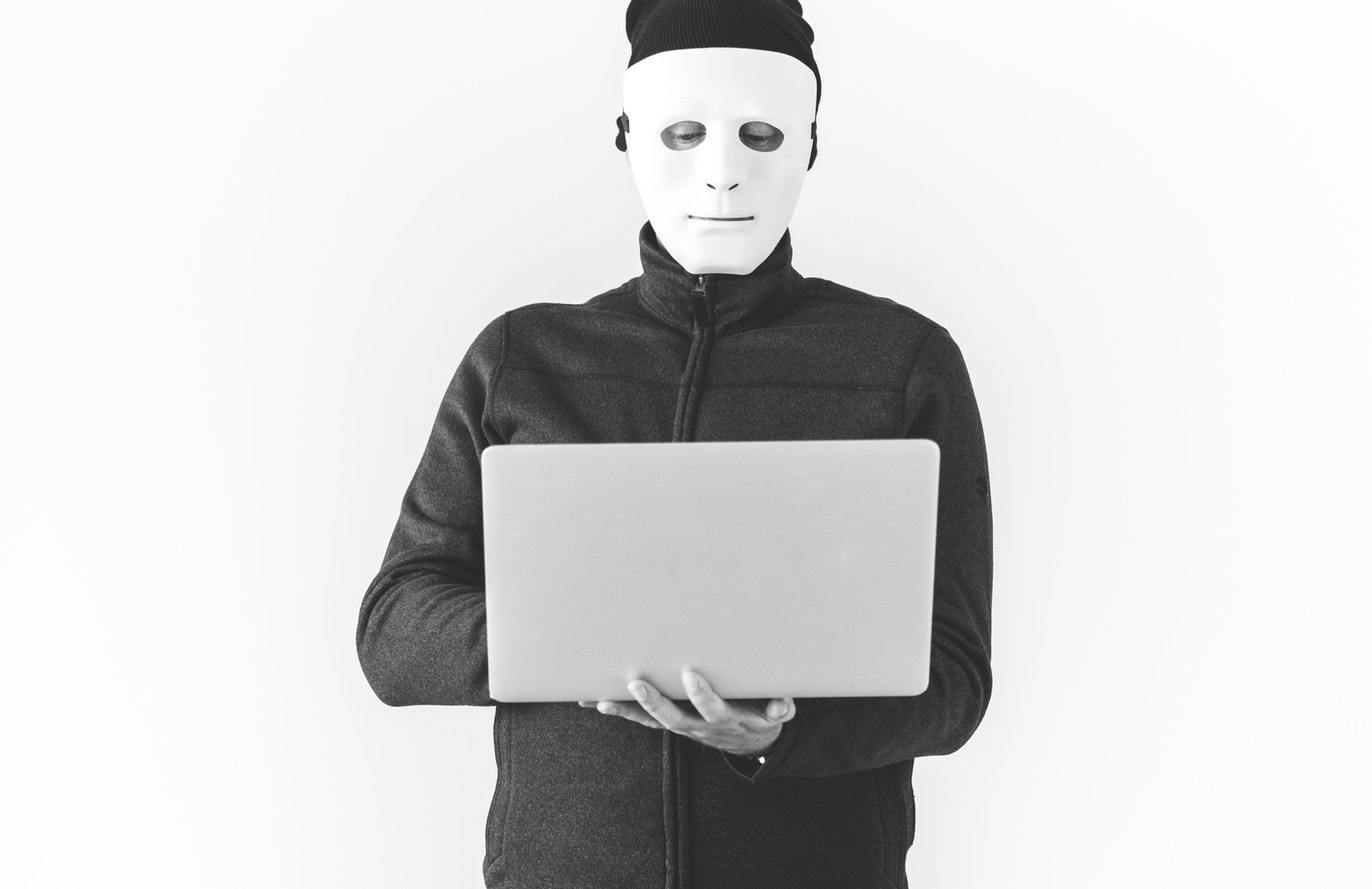
What could become a mighty worldwide spiritual tsunami is building in what many would consider an unlikely place: the Roman Catholic Church.
“For Catholics, it can hardly escape notice that this revival has occurred as we are eight months into the ‘Eucharistic Revival’ initiated by the U.S. bishops — a three-year movement to renew the Church by rekindling devotion to the Eucharist, the source and summit of our life,” wrote Mary Healy in The National Catholic Register. (February 22. 2023.)
Healy was focusing initially on a student revival that was sparked at non-Catholic Asbury University in Wilmore, Kentucky, igniting last February. At the same time, she says, Catholics had also been praying for renewal.
“I believe the concurrence of events is no mere coincidence, but a prophetic sign. It is as if the Lord, hearing prayers of so many Catholics for a restoration of faith and life amid a radically secularized age, is giving a picture of what revival looks like,” says Healy.
The Eucharist, in Catholic theology, is the taking of communion bread and wine that become the body and blood of Christ, according to Catholic doctrine.
There are two practices in Catholic belief and expression that energize the Church and make it fertile for revival — exaltation and continuation (my terminology).
“Exaltation” is the lifting up and glorification of Christ in the Eucharist, and continuation is in the idea that Catholic doctrine and practice have been handed down through an unbroken and direct lineage originating in the first disciples of Jesus.
Many churches in this age of upheaval have gone so far in the attempts to be relevant to a culture that is in a high state of dysfunction and confusion that they themselves have forgotten who they are as the manifestation of the body of Christ in a world desperately in need of His touch.
The loss of focus on God’s transcendent Being has brought many to that situation described by John Calvin when he said that “man’s nature is a perpetual factory of idols … the mind begets an idol and the hand gives it birth.”
So, In the loss of focus on transcendence, we are allowing artificial intelligence to eclipse the true God. Hence the importance of a “eucharistic revival” that exalts the Christ in a society that believes it has touched the ultimate just because it can fire mighty rockets into “outer” space that can explore but explode and also be part of a deadly barrage.
Whatever the case, there is the danger of absolutism in a mechanized society that suppresses the spiritual in our nature and the need to worship the transcendent God. Already, some technical experts are trying to improve Deity rather than the other way around. They have put words in the mouth of a chatbot they call “Jesus” and a robot who can write Sunday sermons, to mention a few.
The Roman Catholic Church has more than a billion members worldwide. If revival sweeps through that global Church, the world itself would experience spiritual renewal through the touch of the Holy Spirit.
As a young secular journalist in the 1960s, I witnessed and wrote about the impact of charismatic renewal upon the Catholic Church. It was transformative in many ways, opening the Church to a renewal of faith and commitment.
It can happen again. If it does, the world itself might experience a “blessed tsunami.” Non-Catholics as well as Catholics should pray for that revival.
Wallace B. Henley is a former pastor, daily newspaper editor, White House and Congressional aide. He served 18 years as a teaching pastor at Houston’s Second Baptist Church. Henley is author or co-author of more than 25 books, including God and Churchill, co-authored with Sir Winston Churchill’s great grandson, Jonathan Sandys. Henley’s latest book is Who will rule the coming ‘gods’? The looming spiritual crisis of artificial intelligence.
Free Religious Freedom Updates
Join thousands of others to get the FREEDOM POST newsletter for free, sent twice a week from The Christian Post.




























![[Video] More – Aghogho » GospelHotspot](https://gospelhotspot.net/wp-content/uploads/2024/04/More-Aghogho.jpeg)
















